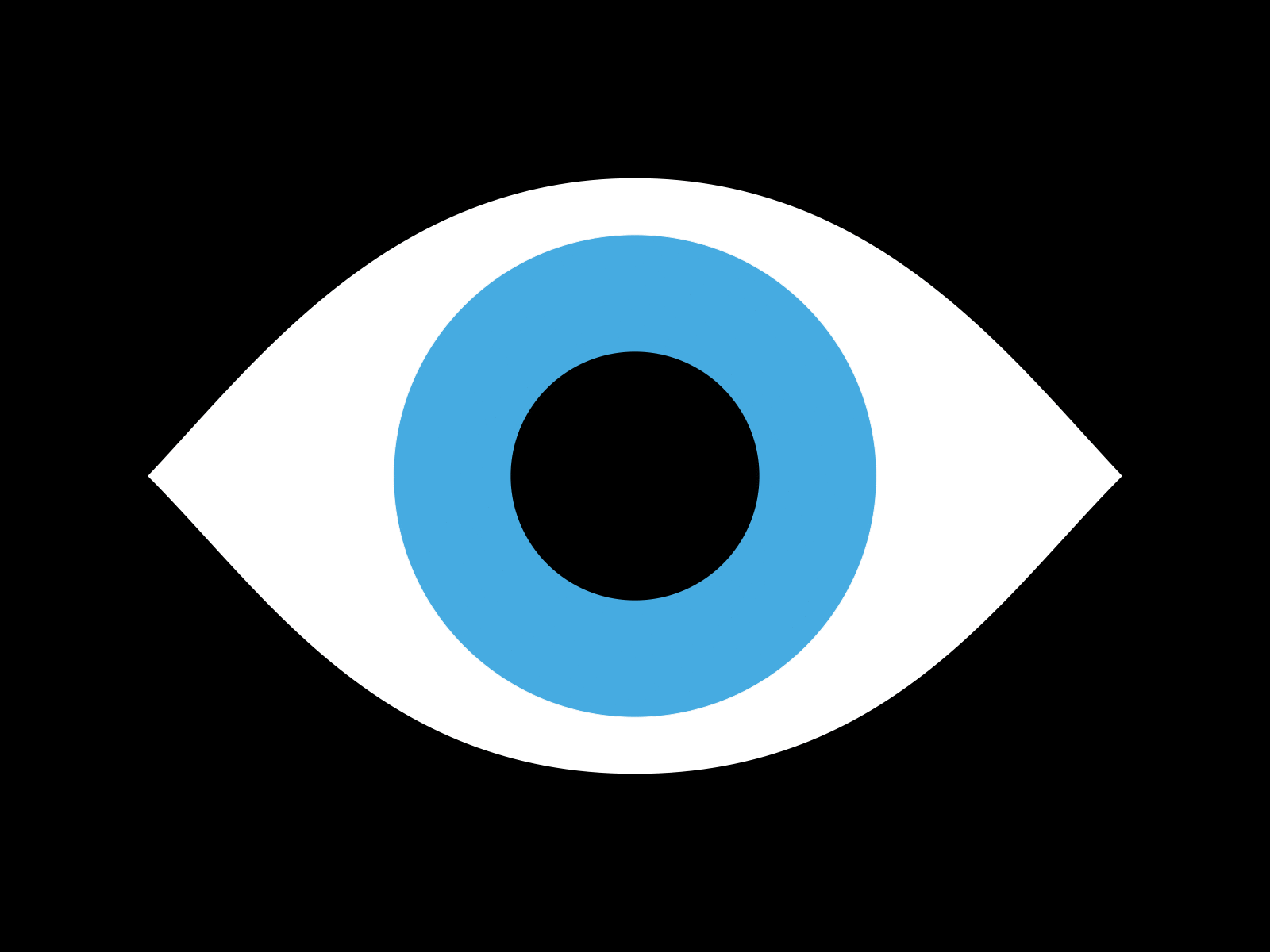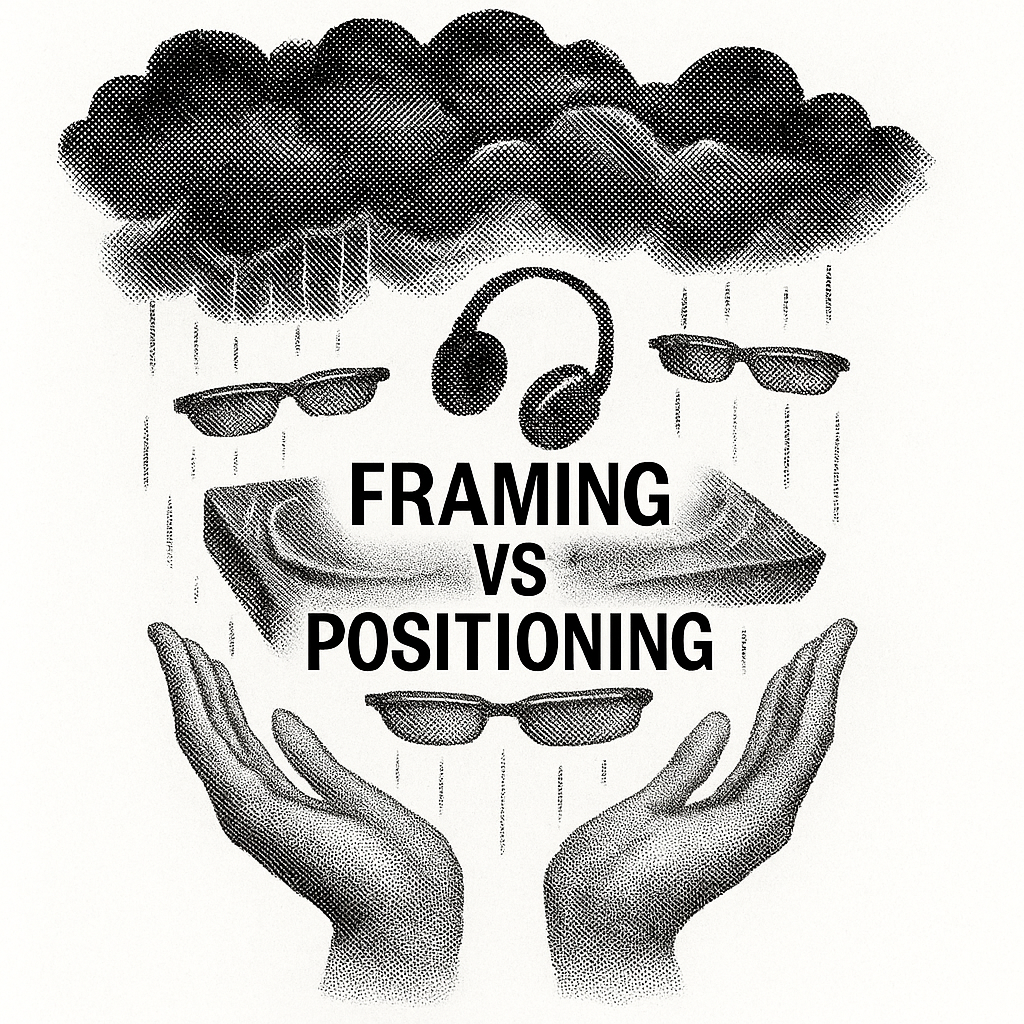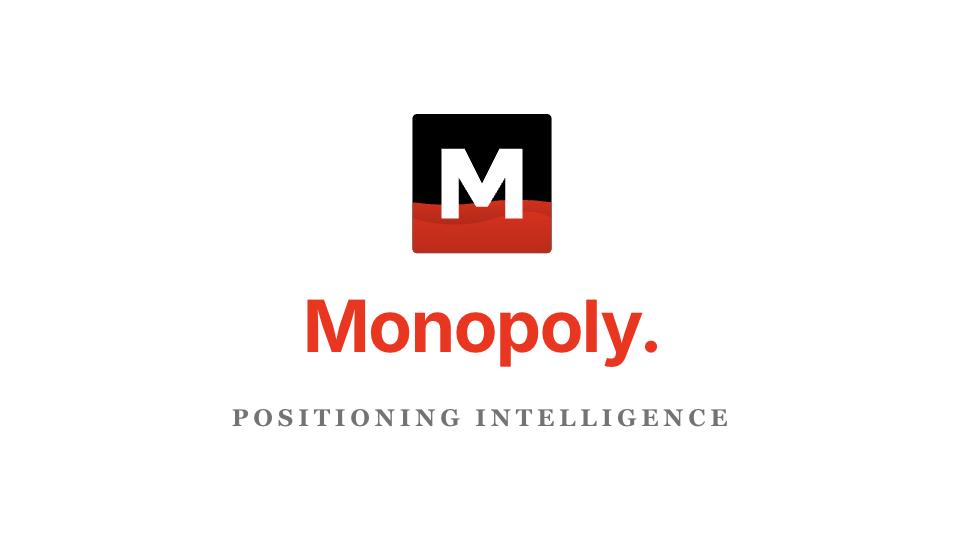Read this post first and then look at the comment section for Michiel.
A Note on Michiel’s Challenge
To Michiel, thank you for the thoughtful critique. Your questions about whether “owning a noun” flattens positioning’s complexity deserved more than a LinkedIn comment response.
You’re absolutely right that positioning involves relationships, experiences, and narratives. Where we diverge is on causation: I argue these emerge FROM noun ownership rather than replacing it.
Your point about context and dynamism especially made me think. Yes, positioning must respond to cultural shifts, but I’ve observed that the strongest positions bend context toward them rather than bending with context. Volvo has owned “safety” through every automotive revolution. The noun stayed constant; its expression evolved.
The tension you identify (between simplification and sophistication) is real. My response isn’t that positioning is simple, but that markets brutally compress complexity into simple concepts. The noun framework acknowledges this compression rather than fighting it.
I’ve written a fuller exploration of these ideas in response to your challenge. You pushed me to articulate WHY the noun matters, not just assert that it does. That’s the kind of pressure that sharpens thinking.
To everyone else reading this.
Please challenge these ideas. Question the framework. Point out contradictions.
The best insights come from collision with thoughtful disagreement. Michiel’s questions compelled me to reexamine my own assumptions about how positioning actually works, versus how I might prefer it to work.
If you notice flaws, gaps, or exceptions to the noun framework, please share them, along with examples that break the model, if available.
This isn’t about being right. It’s about getting closer to how positioning actually creates value versus how we talk about it in conferences and contracts.
The conversation continues.
The Noun Paradox: Why Positioning’s Simplicity Is Its Sophistication
A response to the critique that “owning a noun” flattens positioning’s complexity
The most sophisticated strategies often appear deceptively simple. E=mc². Supply and demand. Natural selection. And, yes — positioning as noun ownership.
Recently, a thoughtful critique emerged about my positioning framework. The challenger argued that reducing positioning to “owning a noun” is rhetorically powerful but ultimately flattening. That positioning should be about relationships, experiences, and narratives, so that it shifts dynamically with context and culture.
This critique deserves a serious response, not because it’s wrong, but because it reveals why positioning remains so widely misunderstood. The tension isn’t between simple and complex. It’s between how we wish markets worked and how they actually work.
The Compression Algorithm of Mind
Let’s start with a question: When you need safety in a car, what comes to mind?
Volvo.
Not “the Swedish automotive manufacturer with a 90-year heritage of engineering excellence and pioneering safety innovations, including the three-point seatbelt.” Just: Volvo.
When you think AI conversation?
ChatGPT.
Not “the large language model developed by OpenAI that democratized artificial intelligence through accessible natural language processing.” Just: ChatGPT.
This isn’t reductionism. It’s recognition.
The human brain doesn’t store complex positioning narratives. It stores compressed concepts. Nouns. And it does this for survival. Because when you need safety, you don’t have time for relationship evaluation. You need instant pattern matching.
The noun isn’t the entirety of positioning. It’s the mental handle that organizes infinite complexity beneath it. Like how “gravity” contains the interaction of every mass in the universe, “safety” contains every engineering decision Volvo ever made.
The Relationship Illusion
The critique suggests positioning is sometimes “a relationship, a quality of experience, or role in a bigger narrative.”
This sounds sophisticated. It’s also backwards.
Apple doesn’t have a creative relationship with customers. Apple owns “creativity,” which generates the relationship.
Amazon doesn’t deliver a convenient experience. Amazon owns “everything,” which enables the experience.
Nike doesn’t play a role in athletic narratives. Nike owns “victory,” which creates their narrative position.
The noun comes first. Everything else follows.
Watch what happens to companies that focus on “customer relationships” without owning a concept:
- WeWork tried to own “elevating consciousness through community.” They owned nothing. They died.
- Theranos pitched “democratizing healthcare access.” They owned nothing. They were a fraud.
- Quibi promised “premium mobile entertainment experiences.” They owned nothing. They vanished.
Meanwhile:
- Google owns “search” → Built a $2 trillion relationship
- Tesla owns “future” → Created a new category narrative
- Spotify owns “music” → Designed an experience monopoly
The companies that survive own nouns. The ones that perish own adjectives, relationships, and promises.
The Context Paradox
“Positioning shifts with context, competitors, and culture,” the critique argues.
Here’s the paradox: True positioning is anti-fragile precisely because it doesn’t shift.
Volvo has owned “safety” through:
- The SUV revolution
- Tesla’s emergence
- Autonomous driving upheaval
- Climate crisis concerns
- Chinese ownership
- Electric transformation
The noun never changed. Its expression evolved, but the core ownership remained constant.
This is the critical distinction:
- Framing shifts with context (how you articulate)
- Positioning endures through context (what you own)
Companies that truly own nouns don’t pivot positioning with cultural winds. They bend culture toward their noun.
When PCs became commodities, Apple didn’t abandon “creativity” for “value.” They extended creativity to phones.
When commerce went digital, Amazon didn’t shift from “everything” to “convenience.” They made everything include cloud computing.
When social media emerged, Nike didn’t change from “victory” to “community.” They made victory social.
The noun is the constant. Context dances around it.
The Architecture of Inevitability
The critique distinguishes between “claiming territory” and “sustaining meaningful place in perception.”
This misses how positioning actually works.
You can’t sustain what you don’t structurally own. “Meaningful place in perception” without ownership is just good brand sentiment. It’s what IBM had in AI before ChatGPT arrived. It’s what Blackberry had in smartphones before iPhone launched. It’s what every displaced leader had before someone claimed their noun.
Real positioning follows four levels of depth:
Level 1: Saying It — You claim a noun through messaging
This is where 90% of companies stop. It’s pure framing.
Level 2: Proving It — You provide evidence for your claim
Better, but still imitable. Advanced framing.
Level 3: Being It — You make painful trade-offs that only make sense if you own that noun
This is where positioning begins. The sacrifices prove commitment.
Level 4: Owning It — Your entire business model serves one concept
The positioning owns you as much as you own it. Architecture makes it inevitable.
“Sustaining perception” only happens at Level 4, where changing positioning would require destroying the company. Tesla can’t stop being “future” without ceasing to be Tesla. Amazon can’t abandon “everything” without architectural collapse. Google can’t surrender “search” without existential crisis.
That’s not sustained perception. That’s structural ownership.
The Simplification That Predicts
Is focusing on nouns an oversimplification? Let’s test it.
Companies that owned nouns:
- Google: Search → $2 trillion valuation
- Amazon: Everything → Market dominance
- Netflix: Streaming → Category creation
- Uber: Rides → Verb status
- Zoom: Video meetings → Pandemic winner
Companies that owned “relationships/experiences”:
- Yahoo: “Digital lifestyle” → Sold for parts
- MySpace: “Social expression” → Irrelevance
- Pets.com: “Pet parent experience” → Bankruptcy
- Kozmo.com: “Instant gratification” → Death
- Webvan: “Grocery convenience” → Collapse
The pattern is ruthless. Nouns predict success. Abstractions predict failure.
This isn’t because markets are unsophisticated. It’s because markets are brutally efficient at compression. When customers make decisions, they don’t evaluate relationships. They pattern-match to concepts.
“I need safety” → Volvo
“I need everything” → Amazon
“I need the future” → Tesla
The noun framework isn’t reductive. It’s predictive.
The Dynamic Stability Paradox
The critique suggests positioning should be dynamic, shifting with context. But the strongest positions are paradoxically both permanent and dynamic.
The noun stays constant. Its expression evolves.
Volvo’s “safety” has meant:
- 1960s: Three-point seatbelts
- 1970s: Crumple zones
- 1980s: Anti-lock brakes
- 1990s: Side-impact protection
- 2000s: SUV safety leadership
- 2010s: Pedestrian detection
- 2020s: Electric safety innovation
Same noun. Different manifestations. The position created stability that enabled evolution.
This is why noun ownership matters:
When you own a noun, innovation has direction. When you own experiences, innovation has no center. When you own relationships, innovation becomes reactive. The noun is the North Star that makes every other decision clear.
The Human Truth We Avoid
Here’s what the sophisticated critique misses: Humans are cognitive misers. We don’t hold complex, multi-dimensional positioning in our heads because we can’t. Our brains evolved to compress infinite complexity into manageable concepts.
This isn’t a flaw to overcome. It’s a reality to leverage.
When markets need to decide:
- They don’t evaluate relationships
- They don’t analyze experiences
- They don’t decode narratives
- They match patterns to nouns
The company that owns the noun gets the pattern match. Everyone else gets compared to them.
The Load-Bearing Wall
Yes, positioning involves relationships, experiences, narratives, and context. But these emerge FROM noun ownership, not instead of it.
The noun isn’t flattening. It’s the load-bearing wall that makes everything else possible:
- Own a noun → Generate relationships
- Own a noun → Enable experiences
- Own a noun → Create narratives
- Own a noun → Define context
Without the noun, you’re decorating a house built on sand. With it, you’re architecting inevitability.
The Uncomfortable Conclusion
The desire for positioning to be complex, contextual, and dynamic isn’t wrong. It’s human. We want strategies that reflect our sophisticated understanding of markets.
But markets don’t reward sophistication. They reward clarity. The noun framework isn’t an oversimplification. It’s recognition that:
- Customers compress reality to make decisions
- Mental territory follows linguistic patterns
- Ownership requires architectural commitment
- Everything else is just framing
When you truly own a noun, context shifts around you rather than you shifting with context.
When you truly own a noun, relationships form automatically rather than requiring construction.
When you truly own a noun, experiences become inevitable rather than designed.
The Final Test
Here’s how you know if you own positioning or just framing:
Remove every word you’ve ever said about your company. Every tagline, every message, every carefully crafted experience description. Leave only your company name.
What concept immediately comes to mind?
If it’s a noun (safety, search, everything, future), you own positioning.
If it’s an adjective, a relationship, an experience, or nothing, you own framing.
The market doesn’t care about your sophisticated multi-dimensional positioning strategy. It assigns you one noun. Either the one you claimed through architectural commitment, or whatever’s left over after others claimed theirs.
The noun isn’t reductive. It’s reality.
And reality, unlike positioning documents, doesn’t care about our sophistication.
It only cares about what we own.
Note: This isn’t an argument against sophistication in business strategy. It’s recognition that the most sophisticated strategies often appear simple because they acknowledge how humans actually think rather than how we wish they would think.
Positioning isn’t a word game. It’s ownership of mental territory. And mental territory, like physical territory, has names. Nouns.
That’s not flattening. That’s physics.
Uncover your position

Before you hire a messaging consultant to wordsmith your homepage, or an agency to “refresh your brand,” or someone to fix what they’ll call positioning (but is really just tactical framing), try this first.
The CEO Clarity Starter Kit
It does exactly what we just read. It helps you find and own your noun.
What you do:
- Run the Position Audit (reveals what noun you might already own without knowing it)
- Complete the 8-Question Advisor (the same questions that would surface “Command” for Cluely)
- Feed the output into ClarityGPT (included)
What you get:
- Your noun. The concept you can actually own, not just claim
- A 4-Level Positioning Canvas showing how to move from saying it to OWNING it
- ClarityGPT translates your position into landing pages, offers, and LinkedIn profiles (written in your buyer’s voice, not consultant-speak)
- A 30-day positioning course so you can apply this method without me
Time required: About an hour (less time than reading three more case studies about tactics that won’t work without position)
Who’s used it: 200+ CEOs and founders who were tired of pushing uphill
Investment: $249 USD
Most realize they don’t need the consultant or agency after this. Or they need far less than they thought. Because once you know your noun (your position), the tactics become obvious. The distribution chooses itself. The customers explain you better than you explain yourself.
And yes, if you buy the kit, it nudges me closer to that Porsche in the photo. Thanks in advance for supporting excellent positioning and questionable life choices.

Stop competing on features. Start owning concepts.




Leave a Reply
You must be logged in to post a comment.